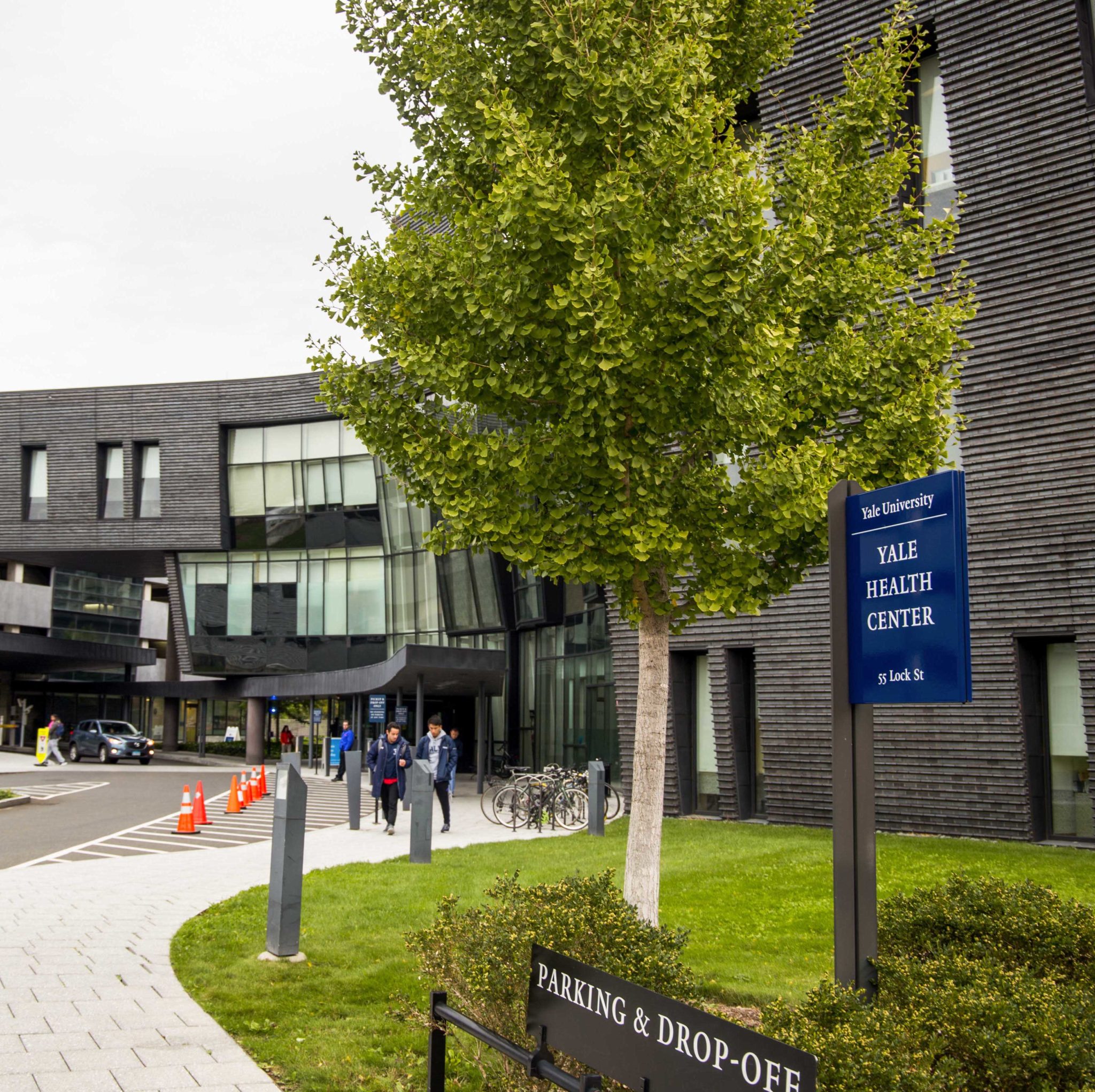
As the University finalizes its plans for the fall, Yale has launched a coronavirus screening program to offer free viral testing for all students, faculty and staff.
Yale is ramping up its testing capabilities to provide greater coverage for members of the community and surveil the potential spread of the virus on campus. The screening initiative institutes preventative systems in place as phase one of research reactivation commences and the campus braces itself to resume increased levels of activity.
Tests can be scheduled online using the Yale NetID and are administered through drive-thru and walk-in services. According to the screening initiative’s website, results are delivered through MyChart, Yale Health’s online patient portal, from 48 to 72 hours after testing.
“Yale’s goal, unless we have a bad epidemic or resurgence, is to try to open at the end of August,” said Dr. Albert Ko, Department Chair and Professor of Epidemiology at the Yale School of Public Health. “The University is creating that testing capacity so that they can screen students and understand how many tests need to be done to keep everyone safe.”
As a member of Yale’s COVID-19 Public Health Committee and the Reopen Connecticut Advisory Group, Ko has followed the state’s progress through the first and second phases of reopening. While there is still transmission, it is at much lower levels, he said.
Richard Martinello, associate professor at the Yale School of Medicine, infectious disease specialist and another member of Yale’s COVID-19 Public Health Committee, said that “in New Haven we have now fewer than 50 patients with COVID who are currently hospitalized, and that’s down from over 450 back in April.”
Martinello told the News that Yale’s testing capabilities have been significantly scaled up since the onset of the pandemic.
“There has been an enormous amount of work being done within the School of Medicine and the hospital to ensure that there is sufficient availability of testing,” he said. “In March, we weren’t able to support a great deal of testing because of the availability of reagents… We now have the capacity to perform over 1000 tests per day, and we expect that that capacity is going to greatly increase over the next number of months.”
To ensure that there are enough tests to meet the community’s demand, Paul Genecin, Chief Executive Officer of Yale Health and Clinical Associate Professor of Medicine, said that Yale has signed contracts with lab vendors who will supply appropriate test kits and prepare contingency plans should shortages arise. Nevertheless, in an email he wrote to the News, he added that “while we feel the risk of shortages is low (and substantially improved from earlier in the spring), we are not protected from national shortages that may impact our lab partners.”
“In most cases, for asymptomatic testing, the sample will be a nasal self-swab with observation performed at Yale-based test sites around the campus and sent out to a lab,” Genecin said.
He added that deeper nasopharyngeal collection, which involves introducing a swab through the nostril towards the back of the throat, will be performed for individuals who have symptoms. Both samples are processed using PCR technology, which detects the genetic material enclosed in the virus.
According to Ko, Yale decided to self-administer tests to limit health workers’ exposure to the virus in testing centers. While discussing different testing methods available, he pointed out that “the most important test is the PCR test.” According to him, “that’s important because [people who test positive] have an active infection and are [the ones] we would like to isolate.”
Ko also clarified that the serological, or antibody, test is more useful as a public health tool than for a patient.
“That [test] is useful to give us an idea of how much the infection has spread so that we can figure out better, more targeted ways to prevent infections in the future,” he said. “I know a lot of people have been using these tests thinking that if they were infected they are immune, but we don’t know that as of yet.”
Although serology tests can identify those who have been exposed to SARS-CoV-2, Martinello noted that whether or not those antibodies confer long-term immunity remains unknown. He said that while there has been some promising results in animal testing, “we are still waiting to see human data that is convincing and shows us that the presence of antibodies is protective.”
While Genecin said he believes that the ideal testing scenario would involve everyone having test kits at home and self-testing every day, he acknowledged testing kits are nowhere close to sufficient for that to happen. Because of that, Yale will be “targeting asymptomatic testing to higher risk populations, and higher-risk circumstances,” while recommending safety precautions, including daily symptom checks, Genecin explained.
Lily Kofke MPH’21 got tested in a center unaffiliated to Yale upon her return to New Haven, and told the News she thinks “an increase in testing is critical for a safer and preventative-focused on-campus experience.”
“I would feel much better returning to classes if I knew there was mandatory testing for everyone on campus,” she said. “Medical, educational, and mental health related resources should be made widely available to all members of the Yale and New Haven community.”
Martinello addressed the need to compound an increase in testing with other initiatives, such as the isolation of infected individuals, in order to protect the community from widespread transmission of the virus.
“Any time that testing or any other screening is being done to identify individuals who may be contagious, it also needs to be linked with an action,” Martinello said. He told the News that, to prevent further propagation of the virus across Yale and New Haven, it is important that “[contaminated] individuals are able to self-isolate and keep themselves apart from other people within the community.”
The current Yale Health testing site is located at the Prospect-Sachem garage.
Maria Fernanda Pacheco | maria.pacheco@yale.edu
Beatriz Horta | beatriz.horta@yale.edu







